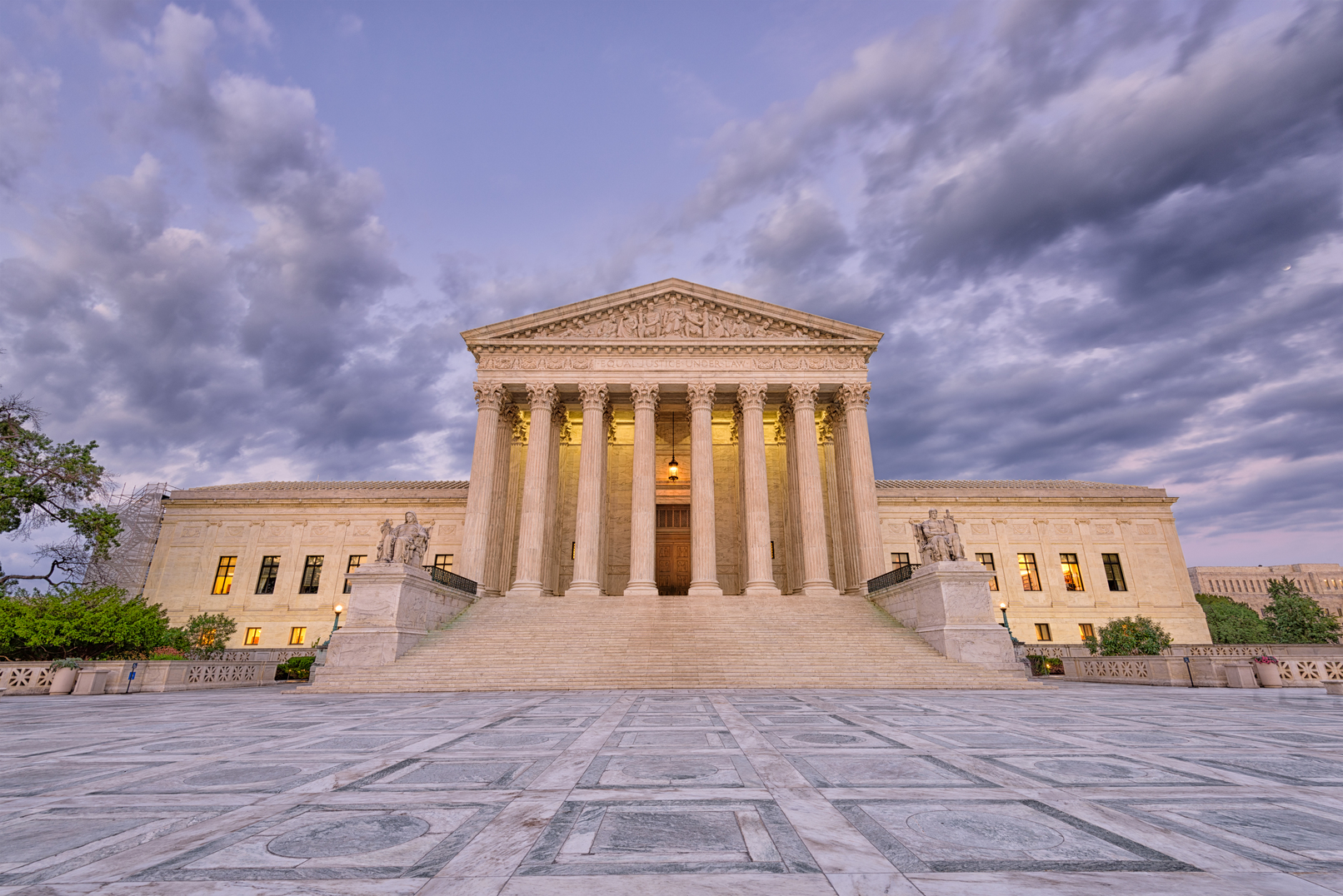The National Labor Relations Board ordered Google to remind employees that they have the right to talk about politics and other issues at work.
Articles Posted in Employment Law
Last week a joint motion for approval was filed in the US District Court for the Northern District of California reflecting a settlement agreement between Google and 227 people alleging age discrimination in hiring by the tech giant. The $11 million settlement will be comprised of a minimum amount of over $11,000 for each plaintiff, as well as additional amounts for lost wages on a case-by case basis. As part of the settlement, Google denies having discriminated on the basis of age.
In a tentative order issued last Friday, a Santa Clara County Superior Court judge allowed a former Google employee's lawsuit alleging discrimination by the company against conservatives, men, white people, and people of Asian descent to go forward. The lead plaintiff, whose suit has been joined by a small number of other men, is a former Google engineer who was fired after he circulated an internal memo that was critical of the company's efforts to increase gender and racial diversity among its workforce, and suggested that the lack of female engineers in the profession had to do with biological differences.
Last week, tech giant Google announced that it will be dropping its forced arbitration requirements, effectively allowing employees to sue Google in court, as well as join a class action lawsuit if they so choose. The news comes after months of effort and activism by a group of Google employees who have been working to effect change within the company since fall 2018. The initial disagreement related to the way Google allegedly handled sexual harassment and abuse controversies and resulted in a worldwide walkout of approximately 20,000 employees.
On February 6, a panel of the US Court of Appeals for the Fifth Circuit held that Title VII of the Civil Rights Act of 1964—which protects employees from discrimination on the basis of race, color, religion, sex, and national origin—does not protect employees from discrimination on the basis of transgender identity. In doing so, the court also affirmed its own 1979 decision that Title VII does not protect employees from discrimination on the basis of sexual orientation. That interpretation of Title VII is at odds with the present interpretation by the Equal Employment Opportunity Commission (EEOC)—the agency charged with enforcing Title VII—as well as that of several other federal circuit courts.
The consumer advocacy non-profit organization, Public Citizen, filed a lawsuit in federal district court on January 25th, challenging the roll back of an Obama-era worker safety rule. The Tracking of Workplace Injuries and Illnesses rule was created to collect more complete data on workplace injuries in order to…
On Wednesday, U.S. District Court Judge James Gritzner overturned an Iowa law that made it illegal to obtain employment at a livestock farm to investigate animal cruelty through an undercover approach. The federal judge found the law to be a violation of the constitutional right to free speech.
In its first decision from this term, the U.S. Supreme Court unanimously ruled earlier today that state and local governments must follow labor laws that ban age discrimination regardless of the number of their employees. Plaintiffs in Mount Lemmon Fire District v. Guido were two former Arizona firefighters who argued that the Mount Lemmon Fire District laid them off in violation of the Age Discrimination in Employment Act (ADEA). Because the fire department had fewer than 20 employees, the defendant argued that they were too small to qualify as an employer who had to comply with the law.
In a suit filed in San Mateo County, former content moderator Selena Scola alleges negligence and failure to maintain a safe workplace. She is claiming that the "disturbing" images that her job required her to watch led her to develop post-traumatic stress disorder.
Last week the US Equal Employment Opportunity Commission (EEOC) announced that they filed a class action lawsuit against Walmart Inc., alleging the company unlawfully discriminated against pregnant workers for years at a Wisconsin warehouse. Pregnancy discrimination in employment is prohibited by the 1964 Civil Rights Act. The EEOC is seeking back pay for the pregnant workers, punitive damages against Walmart, and "measures to correct Walmart's practices going forward."









